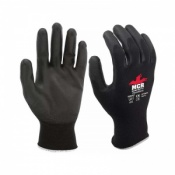| Best Gloves for Electricians 20243 May 2023 Working with and around electricity is incredibly dangerous. With your hands most likely to be the first point of contact with any electrical charge, it's vital you protect them at all times. Unfortunately, there are a number of protection ratings and styles out there that can make choosing the right pair of safety gloves for you really tricky. We've put together a guide on the Best Gloves for Electricians 2024 to break things down and give you some clear and concise recommendations based on expert advice. So What Does This Guide Cover?
Different Styles of Electrician GlovesThere are two main different types of glove that electricians will want to have in their locker. The first being a pair of lightweight safety gloves that allow the wearer to handle intricate material like wires, switches, tools and equipment. Whilst highly dexterous and great for handling intricate material, these gloves won't guard at all against high-voltage. For serious work in and around charged material, gloves with a suitable Class rating are vital. EN 60903 and Voltage ProtectionYou may have seen EN 60903 banded around if you're on the hunt for suitable safety gloves, but what exactly does it mean? EN 60903 is the European regulation governing the design, manufacture and sale of gloves that are designed to provide protection against electrical voltage. Gloves marked as compliant with EN 60903 are grouped into six different classes which detail how much voltage they can safely withstand and protect the wearer against. What Are Electrician Glove Class Ratings?Class ratings refer to the amount of voltage a pair of gloves can withstand. Tested prior to each sale to ensure their efficacy and safety, you can see just how protective each class is by consulting the table below:
What Does This Mean?The number stated in the right column is the maximum voltage that each class will provide protection against. For example, if your risk assessment details you will be working with voltage not exceeding 17,800 volts, you need a pair of class 3 gloves. When Is a Class Rating Necessary?We've liaised with product experts who recommend conducting a thorough risk assessment prior to any engagement with electrically charged material. Once this has been performed, it's vital you were class specific gloves whenever handling electrically charged material. Class Rated Electricians GlovesGloves with a class rating provide protection against voltage not exceeding their stated threshold. This relies on a thorough risk assessment being conducted before use and application. Class 00 Elecricians Gloves
Class 0 Electricians Gloves
Class 1 Electricians Gloves
Class 2 Electricians Gloves
Class 3 Electricians Gloves
Class 4 Electricians Gloves
Lightweight Engineering GlovesIf you're rewiring or inspecting machine parts that aren't wired in and charged, anti-static gloves are a great choice. They're lightweight, dexterous and provide you with a better touch sensitivity that is ideal for intricate tasks. Take a look at a few of our favourite options for electricians below:
The Facts and Figures
Other Useful PagesIf you haven't found what you're looking for here, take a look at some of our other informative pages by clicking a link below:
If you've got a question or something to add, you can get in touch using the comments section below or via our Twitter or Facebook pages! |

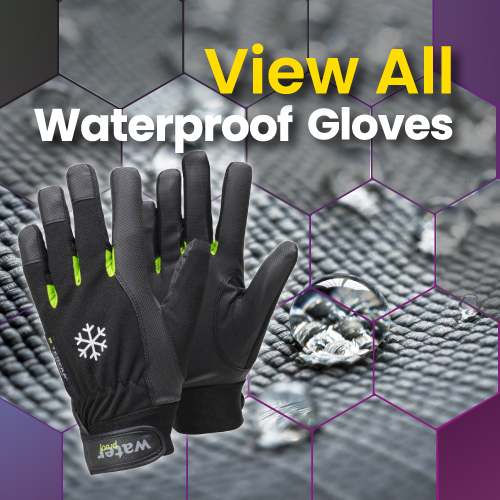
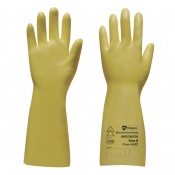

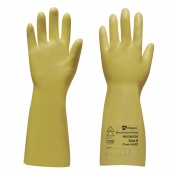
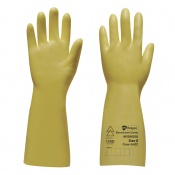
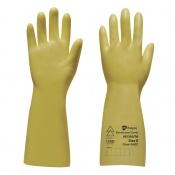
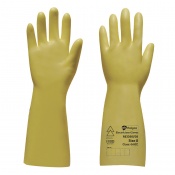
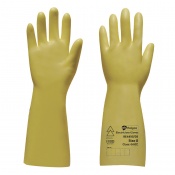
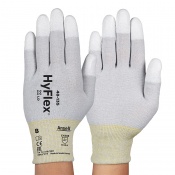
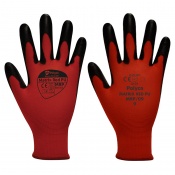
.jpg)
